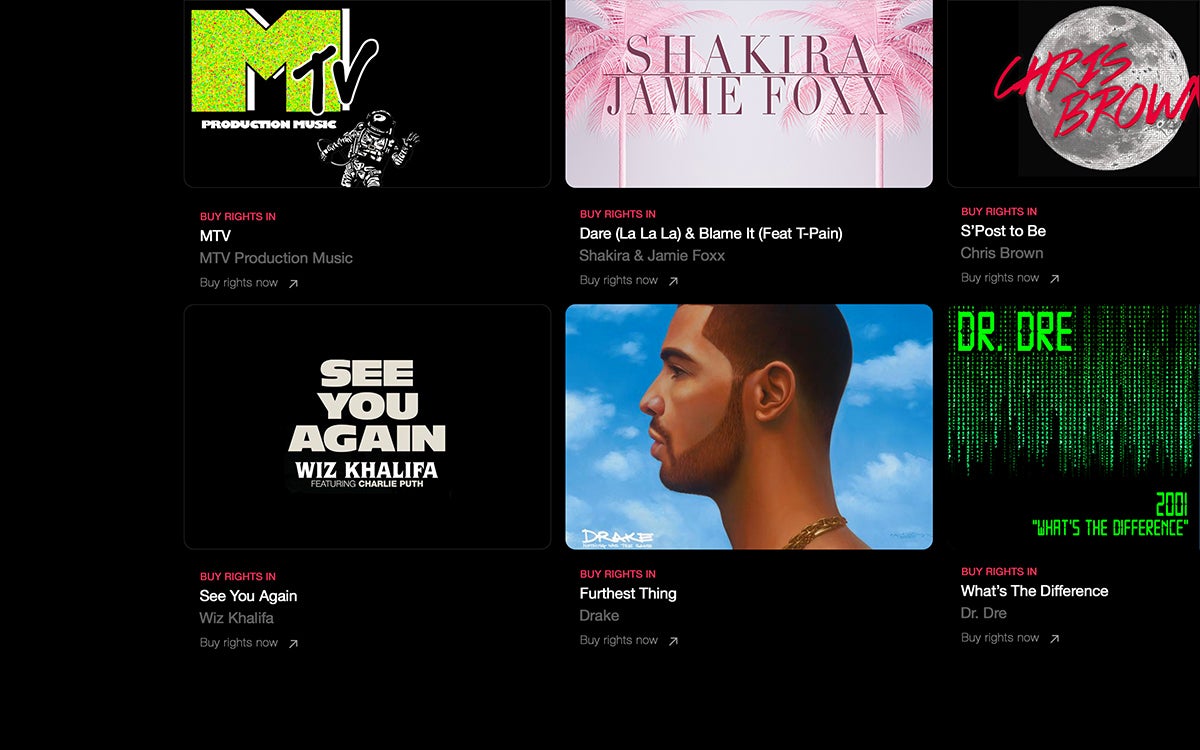Every so often, you hear about new and complex ways to invest. Of course, traditional instruments like stocks and real estate are the surest and safest ways to make a killing, but it’s interesting to see how people always come up with newer and more exciting ways to make money, isn’t it? Some people invest in wine, stamps, old coins, and even soybean meals.
But did you ever think you can invest in songs and earn royalty even if you are no Drake or Bruno Mars? This innovative opportunity allows you to earn profits even if you’re not talented enough to make or sing a song.
The idea of Royalty Exchange is pretty simple. It’s an online platform like ebay, but instead of things, people get a chance to buy consistent royalty income.Originally founded in 2011, it’s a powerful way to connect investors looking to generate more income with creators and artists who need funds. It promises transparency in an aspect of the music business which used to be so full of mystery. It’s a win-win situation for everyone involved. Plus, if you make an investment here, you’ll likely answer the question “how do you make money?” with a lot more enthusiasm, right?
So why would an artist want to sell royalties?
By now you probably know that an artist’s life is not as glamorous as it seems.
Some of them make a ton of money on one song and end up overspending because of bad lifestyle choices. Also, there are other people in the music industry ecosystem who don’t make as much as the main artists. Usually, the ones who are more prone to sell their royalties are the behind-the-scenes people who helped make the hit: songwriters, producers, background singers, managers, publishers… people who don’t have a famous name that will allow them to make more money.
Take the case of LA-based professional songwriter Mickey Shiloh, who has artists like Janet Jackson, Pitbull and Britney Spears in her songwriting credits. According to LA Weekly, Shiloh sold off her entire back catalogue for $20,500 via Royalty Express to have money for credit card debt and to start her solo career. The royalties she was receiving was only at $2,000 a year, so it’s like she got a 10-year advance on royalty earnings.
It’s also not unusual to hear about stories of older artists to wanting to try out new endeavors after their musical careers have peaked. Perhaps they want to try a new business venture or hobby.
In 2013, West Coast rapper Coolio sold off 123 songs in his catalogue including the hit “Gangsta’s Paradise” for $41,000. According to an article in DJ Booth, Coolio needed a lump sum to passion his new passion for cooking. He has published several cookbooks and has a web-based cooking show called “Cooking With Coolio.”
There’s also Alicia Angel who sold royalties from her songwriter’s share of of select songs from the hit animated children’s series “Dora and Friends” to fund a PR campaign to raise money awareness for girls escaping female genital mutilation and child marriage in Kenya.
Recently, a background singer in Whiz Khalifa’s “See You Again” sold off his royalties with a closing price of $102,000. The seller was originally earning $11,372 a year from the hit that was famously used in The Furious 7 soundtrack as a tribute to actor Paul Walker. The song earned three Grammy nominations and spent
According to Rolling Stone Magazine, “”The new owner will incur the majority of ‘See You Again’ royalties from satellite radio and digital streaming. The nonprofit royalty distribution organization AFM & SAG-AFTRA will pay out the royalties once a year at the end of April, while Royalty Exchange will take a $99 per year admin fee.”
Not a bad deal at all, right?
What do investors get?
Yes, there are probably people who will occasionally choose to invest in songs that they feel connected to. And it would always make a great story whenever that happens. But a huge chunk of investors are really just looking for ways to diversify their assets. They just want a new way to create more money.
Here’s a little background on how things used to work.
Artists typically sell their royalties to their publishers. According to the Royalty Exchange website, “Until now, royalty transactions took place in private. They were available only to industry insiders who held all the cards.This kept prices low and values cloaked in mystery. Deals were all-or-nothing, take-it-or-leave-it offers. Only the biggest and richest creators could attract interested buyers. And private investors lost out on opportunities for significant returns.”
That does not sound too nice, does it?
Simply by providing a more transparent marketplace, Royalty Exchange offers an opportunity for artists to avoid the shady practices associated with the royalty business and for investors to conveniently acquire a new source of residual income.
Though the Royalty Exchange is open to the public, there is a meticulous process about who can create an account. After all, artists need to feel secure that they are dealing with serious investors. In the same manner, Royalty Exchange also examines the restrictions on the royalties ensure that the artists are offering something of real value. That way, all the parties involved feel safe that nothing suspicious or shady is going on.
But here’s the big question? Is it now a good time to invest in music royalties? Does it sound like a smart move?
This is a great investment a great addition to if you are looking for a broader portfolio. Just like other instruments these instruments are long-term assets that can help you earn a consistent cash flow. But as with most investments, buying music royalties come with a risk. As always, invest wisely!

















